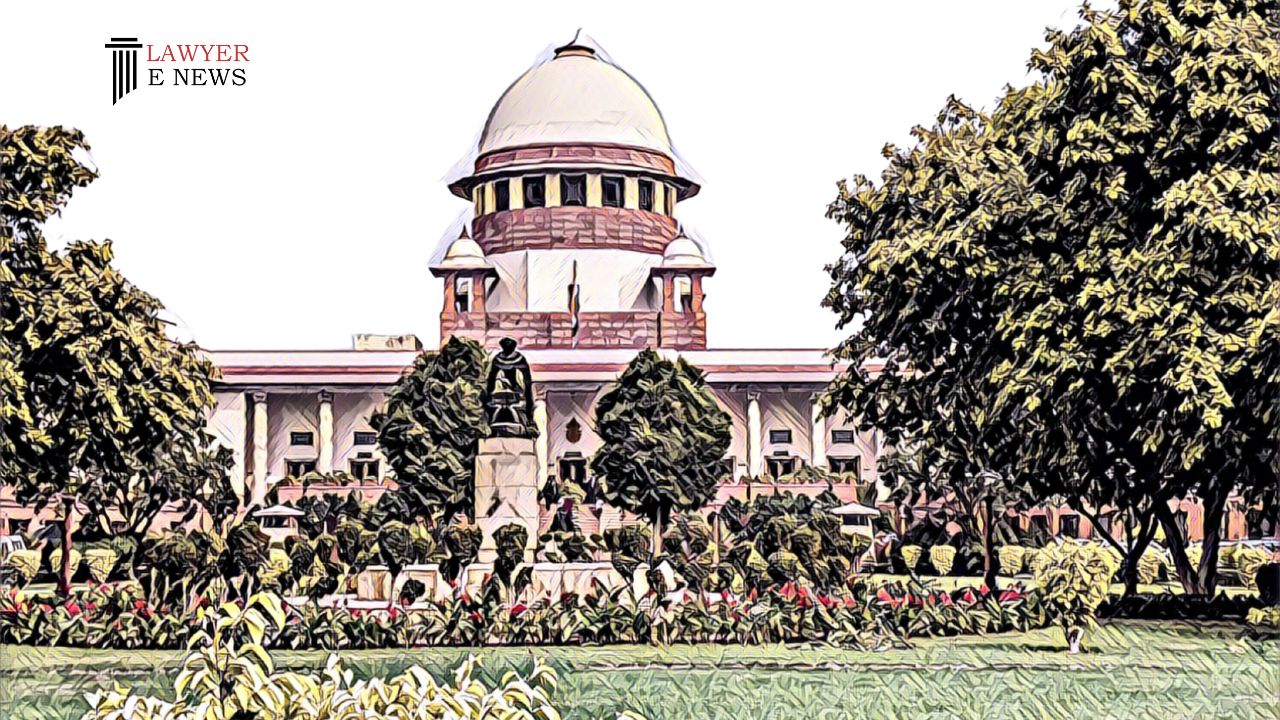-
by sayum
14 February 2026 2:22 PM



The Supreme Court, in a landmark judgment on July 10, 2024, affirmed the enhanced compensation for land acquired for constructing a flood protection wall in Akola, Maharashtra. The ruling underscored the necessity of considering true market potential and credible evidence in land valuation, setting a significant precedent for future land acquisition cases.
The case centered around multiple appeals concerning the market value determination for lands acquired for a flood protection wall in Akola. The appellants, including Kazi Akiloddin and other landowners, contested the compensation awarded by the Land Acquisition Officer (LAO), arguing for higher compensation based on the land’s non-agricultural potential and surrounding developments.
The Supreme Court meticulously evaluated the evidence, emphasizing the importance of reliable sale instances and credible testimonies. The court noted that the sale deeds produced by the appellants were between unrelated parties, reinforcing their credibility. “The evidence adduced must be scrutinized with a view to determining the true market potential of the land,” the court observed.
Importance of Proper Valuation:
Highlighting the principles of fair market valuation, the court stated, “In determining compensation, the potentialities of the land existing as on the date of the notification must be considered.” The judgment referred to previous rulings, including State of Orissa vs. Brij Lal Misra and Sardara Singh vs. Land Acquisition Collector, to underline the necessity of considering the land’s potential for development.
Rejecting Suspicious Transactions:
The court dismissed the State’s argument that certain sale deeds were suspicious due to their proximity to the acquisition notification. “Transactions between unrelated parties at arm’s length should be preferred over those between related parties, especially when executed just before the acquisition notification,” the court ruled.
The Supreme Court extensively discussed the legal framework governing land acquisition and compensation. The court reiterated that market value should reflect the price a willing buyer would pay to a willing seller at arm’s length. “Market value determination is an intricate exercise requiring consideration of diverse economic criteria and surrounding developments,” the judgment stated.
Justice K.V. Viswanathan remarked, “The statutory regime must ensure that landowners are fairly compensated based on the true market potential of their land. The evidence presented must be robust, credible, and reflective of the land’s actual value.”
The Supreme Court’s ruling affirms the enhanced compensation awarded by the Reference Court, highlighting the judiciary’s commitment to ensuring fair compensation in land acquisition cases. This decision reinforces the importance of credible evidence and accurate market valuation, setting a crucial precedent for future cases.
Date of Decision: July 10, 2024
Kazi Akiloddin vs. State of Maharashtra & Ors.
